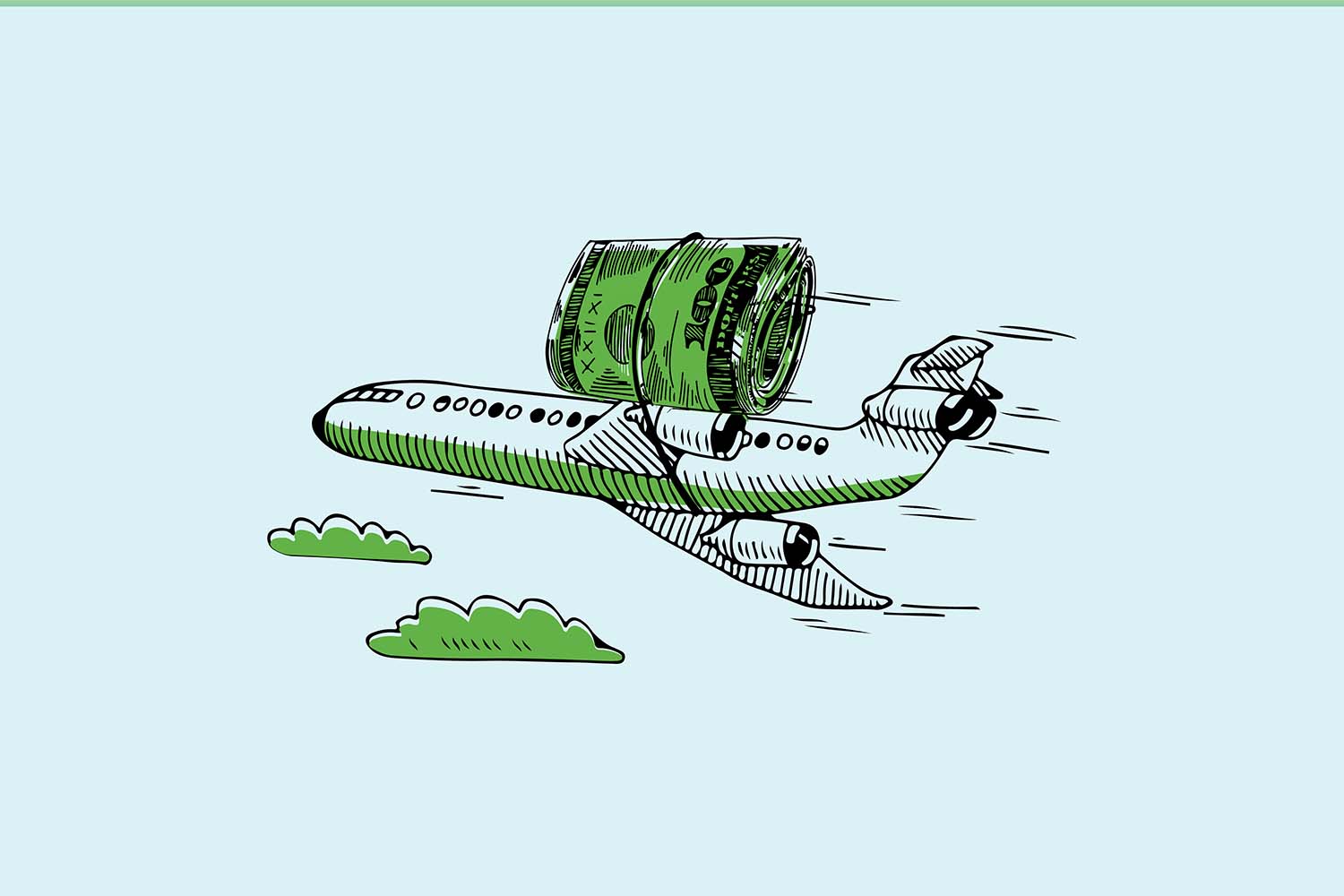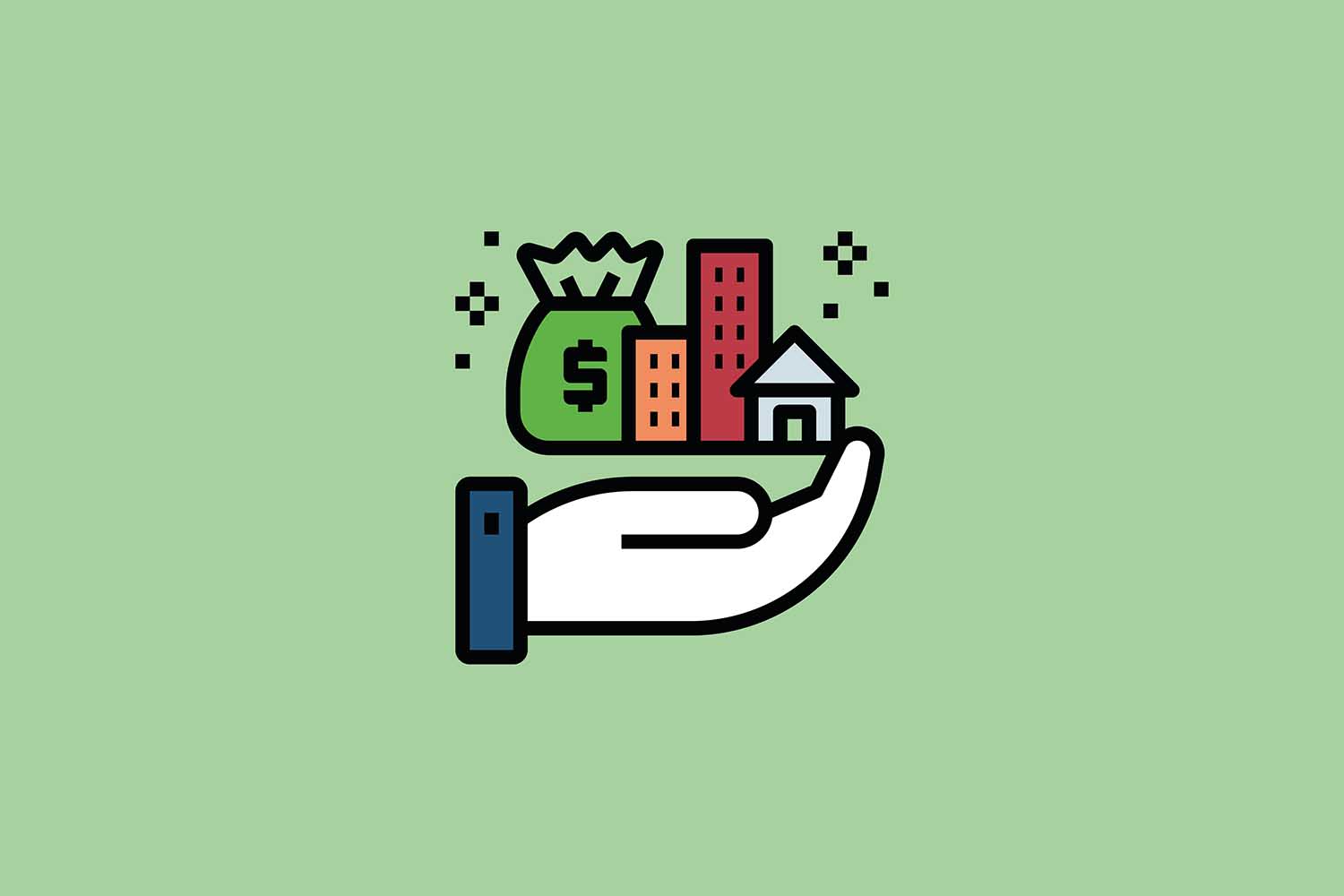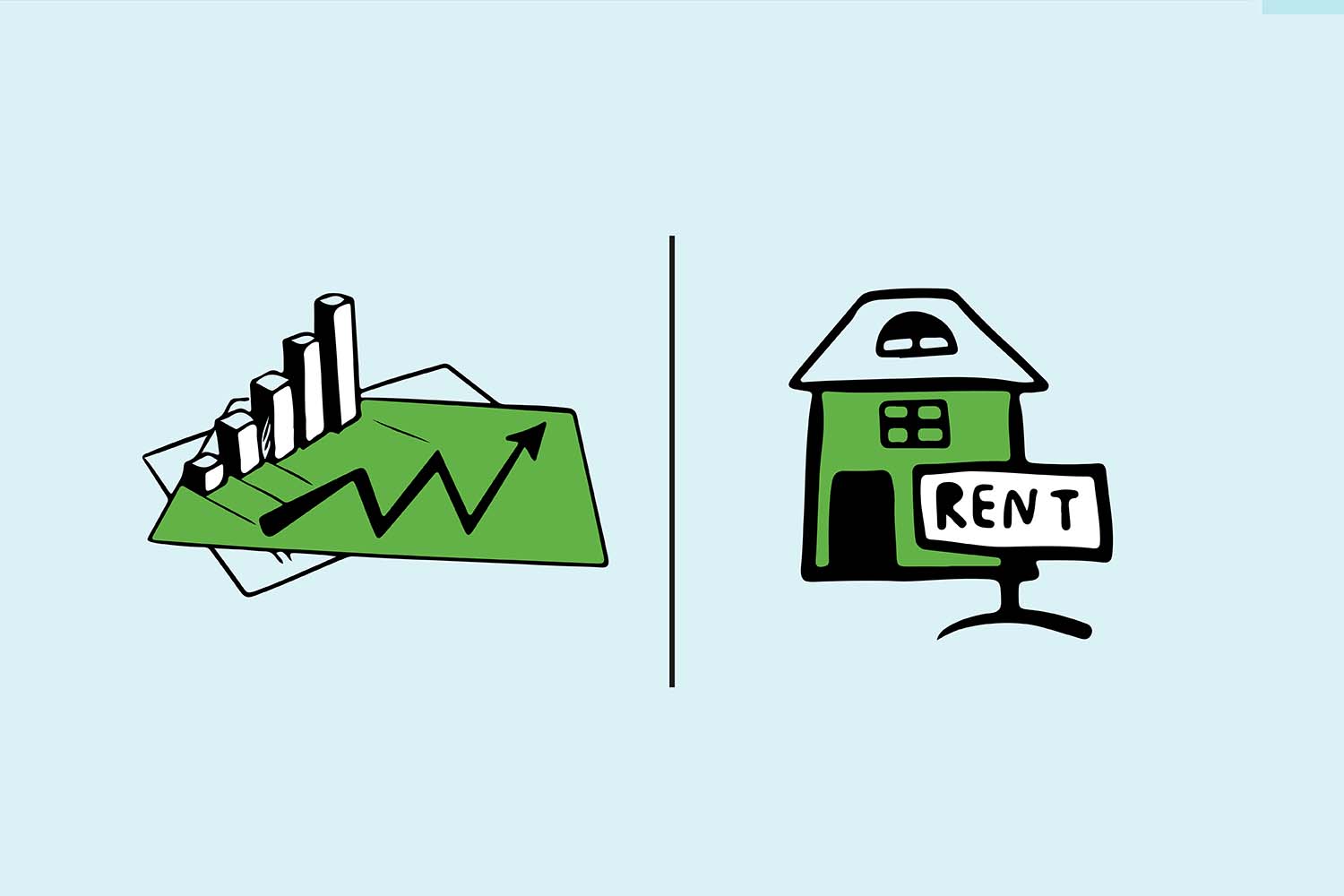Background
Early human migration started circa 8,000 years ago. Climate change, economic landscape, and food shortage were the major reasons for migrating in early times. To a large extent, these factors still influence migration decisions today.
In Nigeria, there has been a rise in migration of working professionals and the middle class to developed countries like Canada, the UK, and USA. High insecurity and a deteriorating economy account for the increase in migration.
These countries welcome Immigrants because they fill gaps in then local labor force and pay taxes which increase the government’s revenue. These immigrants also contribute to the economy by spending money on goods, housing, and transportation. The income tax paid by working Canadians cover the cost for health care and other supports for retired Canadians.
Nigerians particularly prefer Canada to other immigration locations because of the economic opportunities that come with becoming a permanent resident in Canada. A permanent resident is someone who has been given permanent resident status by immigrating to Canada. They get most social benefits that Canadian citizens receive which include health care coverage, the freedom to live, work or study anywhere in Canada, the opportunity to apply for Canadian citizenship, and protection under Canadian law.
In a bid to continuously strengthen its economy and grow its population, Canada created immigration programs that admits thousands of skilled migrants from other countries. Nigerians are the 4th largest immigrants into Canada and as of 2021, 15,000 Nigerians were granted permanent resident visas into Canada. While Canada sounds like the answer to a prayer, relocating to Canada does come with its challenges and being prepared helps with tackling these challenges.
Some of the challenges to be aware of if you plan to immigrate include.
Cost of Housing
One of the cultures shocks a lot of Nigerians relocating must adjust to is paying rent monthly compared to paying annual rent in Nigeria. In a survey carried out by the Canadian government on the challenges immigrants have integrating into the Canadian system, the high cost of housing was identified as the most serious problem immigrants’ encounter. Ontario, Alberta, & British Colombia were identified as the locations with the highest cost of housing.
Finding a Job
While some may find it easy to get a job and settle down in Canada, many struggle with getting jobs after arriving in Canada. According to the survey by the Canadian government, 7 out of every 10 immigrants have tried to find a job and 70% of them complained of not getting jobs due to lack of Canadian work experience, lack of recognition of foreign credentials or language barrier as reasons for not finding a job.
Standard of living
In 2020, Canada became the 9th largest economy in the world. Canadians enjoy a very high standard of living due to the strength of the Canadian economy. Nigerians relocating often complain about how expensive it is to live in more developed countries. However, this might be because they think of the cost of living in such countries in Naira terms and struggle, short-term, with coming to terms with the standard of living.
Taxes and the credit system
One of the things to become accustomed to is paying taxes as an immigrant. According to a report by the Organization for Economic Co-operation and Development (OECD), an average single worker in Canada is faced with a net average tax rate of 25.1% compared with the OECD average of 24.6%. Married couples with children however have lower tax rates given tax and family benefits.
The economy is also based on a credit system where you have credit cards that allow you buy items and pay for them later. Immigrants not familiar with this system might misuse their access to credit and pack on debt.
Making the best of your re-location
You’ll notice that most of the challenges outlined above can be managed with good personal finance habits. We put together 4 ways to effectively manage your transition plans and manage your personal finances effectively.
1. Establish the best time to move
As it is with anything in life, when relocating, it is important that you prepare and establish the best time to move. While some people find jobs and settle down quickly, others may not. You should prepare yourself for this reality and create emergency funds that will cover your needs for the first few months till you are able to secure a job.
Do your research on the Canadian economy; Find out what drives the economy, what kind of businesses thrive in Canada, and what are the top skills in demand. For instance, some of the in-demand jobs in Canada as of 2022 include: web developers, engineers, financial advisors, human resource & recruitment officers, etc. You can plan to get certified in the in-demand roles to get an easy landing when you migrate.
2. Join Immigrant communities
Opportunities thrive in community. There are thousands of Nigerians living in Canada. Find communities to join and build relationship so you can get access to opportunities others might be aware of in their office or know from experience. Joining immigrant communities also prevent you from making some of the mistakes they made and avoid some of the challenges they had when they were green horns in Canada.
3. Be financially disciplined
Financial responsibility means paying your bills on time, not taking out more debt than you can afford, and being able to take care of yourself and those who depend on you. It also means being prepared for the unexpected so that a financial liability will not ruin you. This sounds simple, however quite a lot of immigrants fall into the debt trap easily.
Start your immigrant journey with emergency funds for the first few months of your move and streamline your spending with a budget till you get a steady source of income. Next step is to set financial goals. Personal finance goals can help you decide whether you are moving in the right direction and help you measure progress.
Make sure you consider adding allowances for exploring your local area and socializing into your budget, as well as contingent household expenses and food bills as this might come up from time to time. Overall, a good financial plan with clearly defined goals and discipline to match will get you into the middle class in Canada in no time.
4. Learn about investing in Canada
Saving and investing go hand in hand. Without one, the other is not possible. Unless you grow your savings, you cannot afford to start investing. And without investing, inflation will eat your savings.
Economies function in different ways, so do financial systems. The financial system in Canada is very different from the financial system in Nigeria or the country you’re moving from. To avoid making mistakes or missing out on advantages, it is important to understand how the financial system in Canada works. This will help you identify the investment opportunities that are most in-line with your investment goals and strategy. You can also employ the services of a financial advisor to help you identify the investment vehicles that are right for you.
In conclusion, migrating from one country to another is as old as human history and it will continue as long as humans exist. The times we live in provide advancements in the way we migrate as we can migrate with information and be prepared to thrive in a new country. Take advantage of learning as much as you can and keep in mind that every country has its perks and drawbacks. Our finances affect almost every aspect of your life. People who are financially disciplined often have more control over their lives. Cultivate good habits — like using your credit card wisely and saying no to consumer debts — to ensure you stick to your budget and build a life you want.




